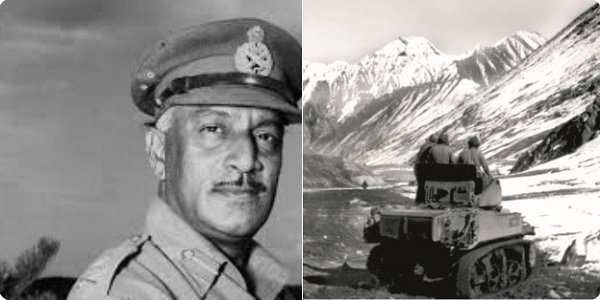The resignation of General K S Thimayya, former Chief of Army Staff, in 1959 due to disagreements over promotions in the Indian Army, has resurfaced in the news after allegations that he received unfair treatment from then-Prime Minister Jawaharlal Nehru.
Congress leader J B Kripalani raised the issue in the Lok Sabha, leading to heated debates and a statement from Nehru. Nehru denied any favoritism in promotions and said he had received a satisfactory response from the Army chief on the matter. He also called the differences between Thimayya and then-Defense Minister V K Krishna Menon “temperamental” and praised Menon. Nehru said he prevailed upon Thimayya to withdraw his resignation, but he did not congratulate him for it.
Nehru also addressed the controversy over Army promotions to the rank of Lieutenant General, where one officer had not commanded an Infantry Division despite being fully qualified. The Defense Minister recommended promoting the second and third officers on the list and giving the first officer a chance to command an Infantry Division before promoting him to Lt General.
The controversy surrounding Thimayya’s resignation and Nehru’s reaction to it highlights the complex dynamics between the Indian government and the military during that period. It also sheds light on the issues of promotions and favoritism in the Army. Nehru’s praise of Menon despite his disagreements with Thimayya also speaks to the political pressures that may have influenced the decision-making process.
The incident serves as a reminder of the importance of transparency and fairness in government and military decisions.
